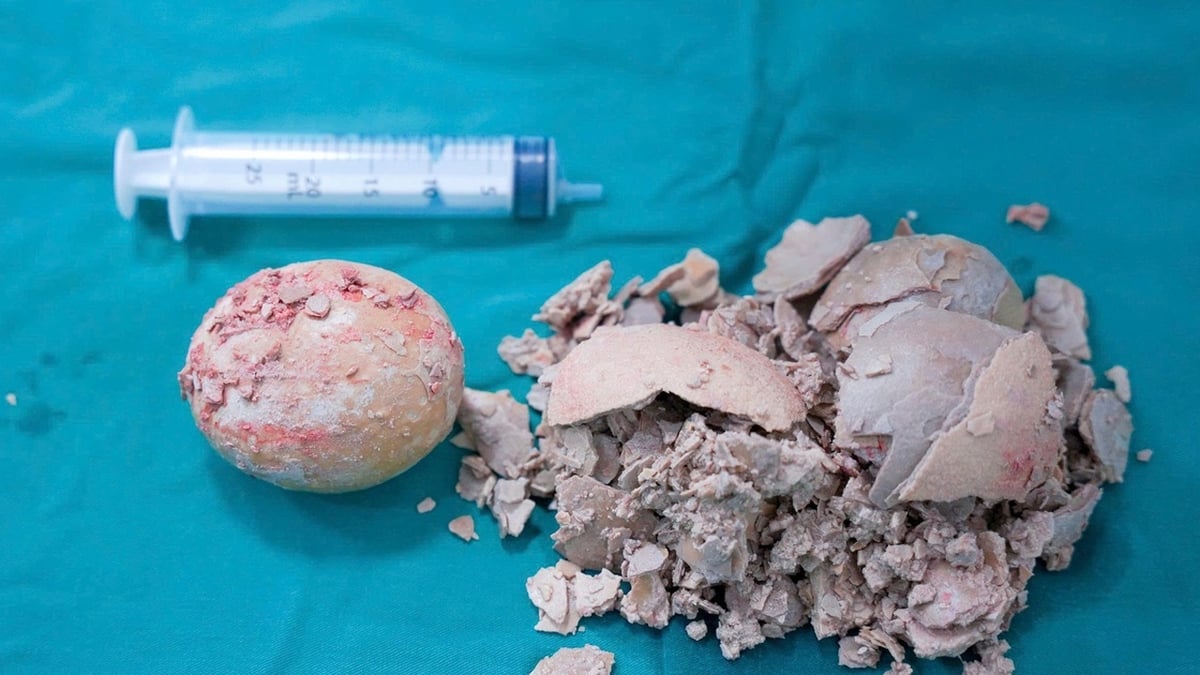PM2.5 is a form of ultra-fine particulate matter in polluted air, released through vehicle exhaust, industrial activities..., which has long been proven through observational studies to increase the risk of many diseases.
In a new study published in Scientific Reports, a team of scientists led by three researchers Qiao Liu, Zang Wang and Junjle Lu from the Jiangsu Center for Disease Control and Prevention and Jiangsu University (China) demonstrated that PM2.5 exposure is directly proportional to the levels of bad LDL cholesterol and total cholesterol.

Hyperlipidemia is a dangerous problem because it can obstruct blood circulation, increasing the risk of cardiovascular events - Illustration photo from the Internet
The project was conducted in Yixing City (Jiangsu Province - China) on patients participating in health check-ups from 2015 to 2020 at Yixing People's Hospital.
According to News-Medical , the authors collected reports on blood lipid-related indicators such as bad LDL cholesterol, good HDL cholesterol, triglycerides and total cholesterol.
Lipid disorders, commonly known as hyperlipidemia or hyperlipidemia, are characterized by an increase in bad cholesterol - total cholesterol - triglycerides, and a decrease in good cholesterol.
The problem is largely due to diet, but researchers suspect that environmental factors also contribute.
The results of a study of nearly 198,000 participants showed that those who were exposed to the most PM2.5 fine particle pollution, mainly due to their living and working environment, had significantly higher levels of bad cholesterol and total cholesterol, although the effect on triglycerides seemed to be reversed.
The study does not pinpoint a specific mechanism of action, but it is a warning that action against air pollution is essential, and that wearing a mask when walking on busy streets can provide some protection.
Several previous studies have also linked PM2.5 to increased non-alcoholic fatty liver disease and dementia in older adults.
Source




















































![[Maritime News] More than 80% of global container shipping capacity is in the hands of MSC and major shipping alliances](https://vphoto.vietnam.vn/thumb/402x226/vietnam/resource/IMAGE/2025/7/16/6b4d586c984b4cbf8c5680352b9eaeb0)













































Comment (0)